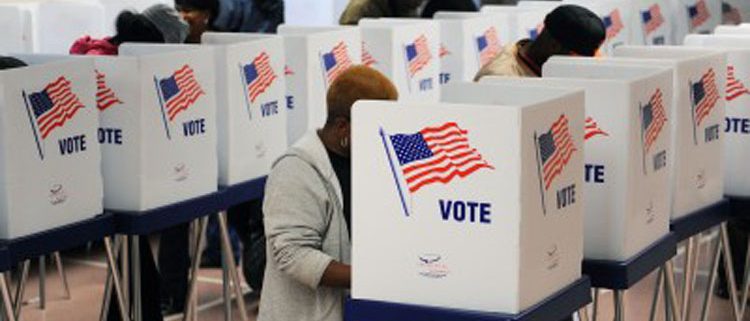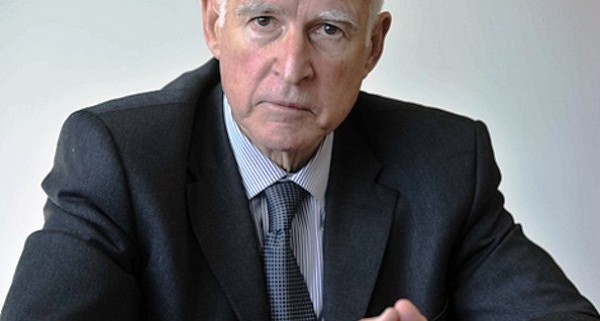Californians May Have a Chance to Block New Gun Control Laws
Barry Bahrami of Carlsbad filed Referendums late Friday to overturn the sweeping package of gun control bills signed into law by Gov. Jerry Brown earlier this month, possibly stalling the laws until voters weigh in.
The six unconstitutional laws, which take effect Jan. 1, ban the sale of semi-automatic rifles with magazines that can be detached by pressing a button and the possession of standard-capacity magazines holding more than 10 rounds. The magazine ban is not only unconstitutional it violates Article 1 Section 10 prohibiting ex post facto laws. The Federalist No. 78, Alexander Hamilton noted that “the subjecting of men to punishment for things which, when they were done, were breaches of no law” is among “the favorite and most formidable instruments of tyranny.” The laws also require background checks for ammunition sales and limits gun loans between family members only unless done through an FFL dealer.
Bahrami faces an uphill battle to qualify for the Nov. 8 ballot because of deadlines set out in state law, The referendums could spill over to the 2018 election if the deadline is not met, which would suspend the laws until the vote.
Gov. (Moonbeam) Brown signed the bills July 1 then quickly left and hid in Europe, which means Bahrami would need to submit the signatures by Sept. 29.
State law gives proponents of a referendum 90 days from the date the law is signed to gather 365,880 voter signatures. County election officials then have 38 working days to count and sample the signatures before a referendum can qualify for the November ballot.


